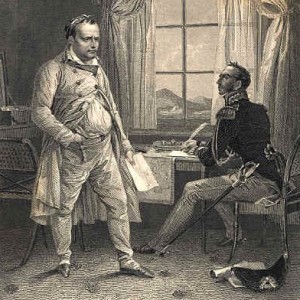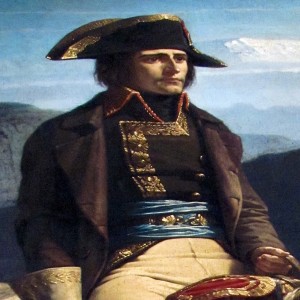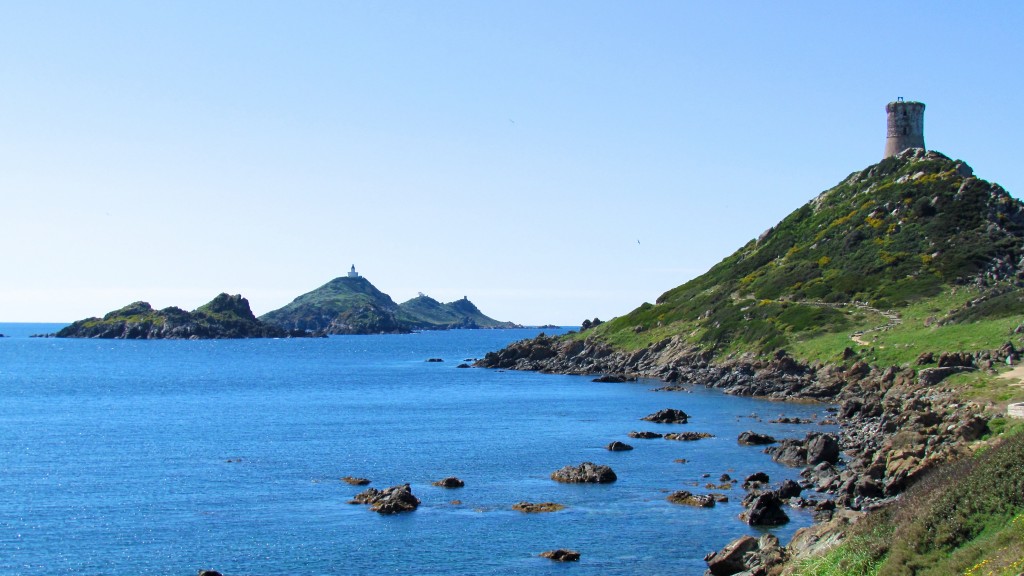 In exile on St Helena, Napoleon regretted not enriching Corsica when, as French emperor, he easily could have. Having developed an idyllic memory of his youth, he dictated to his secretary Las Cases that, “the Bonaparte family had retired [from Corsica] to Nice [in mainland France].”
In exile on St Helena, Napoleon regretted not enriching Corsica when, as French emperor, he easily could have. Having developed an idyllic memory of his youth, he dictated to his secretary Las Cases that, “the Bonaparte family had retired [from Corsica] to Nice [in mainland France].”
Napoleon’s last visit to Corsica was a quick stopover in 1799 on the way back from Egypt. Soon to be First Consul, he was already the war hero of Toulon and the Italian Campaign. The Corsicans feted him as a famous returning son, but that wasn’t how he had left six years before.
 On graduation from French military school in 1785, sixteen-year-old Napoleon received his commission as a second lieutenant. He spent the next eight years shuttling between stints in the army and long leaves in Corsica. This period, encompassing the turbulent years of the French Revolution, was an equally unsettled time in Corsica. Local factions vied for power and argued for either independence, integration in the French republic, or alliance with Britain. After a struggle that makes today’s partisanship seem tame, Napoleon and his brother Joseph were rejected politically and personally.
On graduation from French military school in 1785, sixteen-year-old Napoleon received his commission as a second lieutenant. He spent the next eight years shuttling between stints in the army and long leaves in Corsica. This period, encompassing the turbulent years of the French Revolution, was an equally unsettled time in Corsica. Local factions vied for power and argued for either independence, integration in the French republic, or alliance with Britain. After a struggle that makes today’s partisanship seem tame, Napoleon and his brother Joseph were rejected politically and personally.
In May, 1793, the Corsican assembly voted unanimously “to inflict on the individuals making up [the family] Bonaparte an eternal brand that renders their name and their memory detestable to [all Corsican] patriots.” Napoleon went underground, hiding out for a time at the 16th century Tour de la Parata until his own faction rescued him. He in turn rescued the rest of the family.
On St Helena, Napoleon recalled that the British had ransacked the family home in Ajaccio. In reality, it was his fellow Corsicans.


Pingback: Finding Napoleon » Bonapartes banished from Corsica and France
Pingback: Napolyon Bonapart | CubeReel